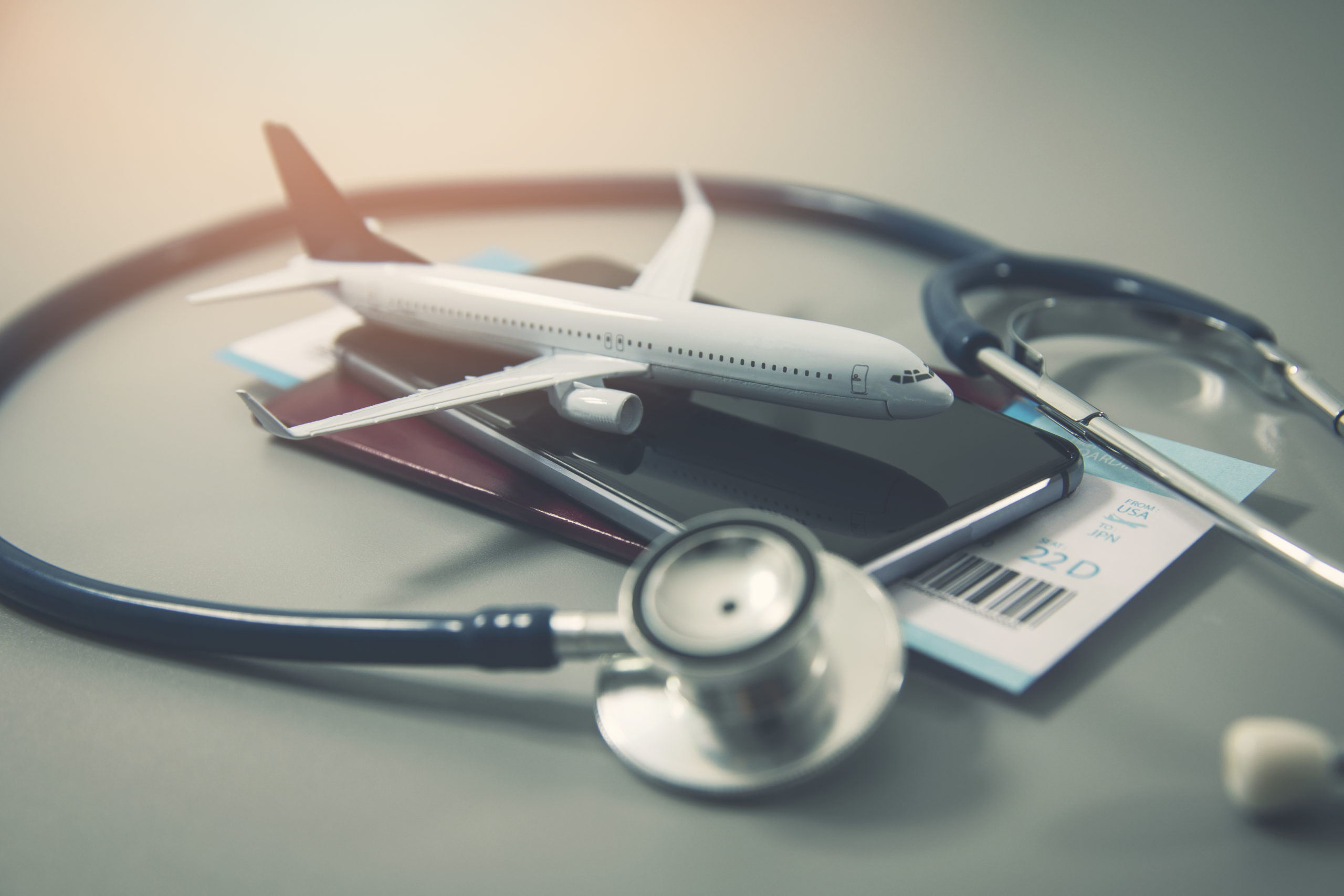
Aviation medicine is a fascinating field that combines the science of medicine with the complexities of air travel. Ever wondered how pilots and flight attendants stay healthy at 35,000 feet? Or how medical emergencies are handled mid-flight? This blog post dives into 13 intriguing facts about aviation medicine that will leave you amazed. From the effects of high altitude on the human body to the rigorous health checks pilots undergo, we’ll cover it all. Aviation medicine ensures that everyone on board, from crew to passengers, can travel safely and comfortably. Ready to learn more? Buckle up and let’s take off!
Key Takeaways:
- Aviation medicine focuses on the unique health challenges of air and space travel, addressing issues like altitude effects, jet lag, and psychological well-being for pilots, crew, and passengers.
- Innovations in aviation medicine, such as telemedicine and wearable technology, are improving safety and health outcomes for air travelers. The future of aviation medicine also includes addressing health challenges in commercial space travel.
What is Aviation Medicine?
Aviation medicine, also known as aerospace medicine, focuses on the health, safety, and performance of those involved in air and space travel. It combines elements of medicine, physiology, and psychology to address the unique challenges faced by pilots, crew members, and passengers.
-
Specialized Training: Aviation medicine practitioners undergo specialized training to understand the physiological and psychological effects of flying. This training helps them manage conditions like hypoxia and decompression sickness.
-
Altitude Effects: At high altitudes, the body experiences lower oxygen levels. This can lead to hypoxia, where tissues don't get enough oxygen, causing symptoms like dizziness and confusion.
-
G-Forces: Pilots, especially those in military or aerobatic roles, experience high G-forces. These forces can affect blood flow and cause G-induced loss of consciousness (G-LOC).
Health Concerns in Aviation
Flying presents unique health concerns that are not typically encountered in other environments. Understanding these issues is crucial for maintaining the well-being of everyone on board.
-
Jet Lag: Crossing multiple time zones disrupts the body's internal clock, leading to jet lag. Symptoms include fatigue, insomnia, and digestive problems.
-
Deep Vein Thrombosis (DVT): Long flights can increase the risk of DVT, where blood clots form in the legs. Moving around and staying hydrated can help prevent this condition.
-
Radiation Exposure: At high altitudes, there is increased exposure to cosmic radiation. Frequent flyers, especially crew members, may have a higher risk of radiation-related health issues.
Psychological Aspects
The mental health of those involved in aviation is just as important as their physical health. Addressing psychological concerns can improve performance and safety.
-
Stress Management: Pilots and crew members often face high-stress situations. Effective stress management techniques are essential for maintaining focus and performance.
-
Fear of Flying: Many passengers experience anxiety or fear of flying. Aviation medicine includes strategies to help individuals cope with these fears.
-
Sleep Disorders: Irregular schedules and time zone changes can lead to sleep disorders among crew members. Proper sleep hygiene and scheduling can mitigate these issues.
Innovations in Aviation Medicine
Advancements in technology and research continue to improve the field of aviation medicine. These innovations enhance safety and health outcomes for everyone involved.
-
Telemedicine: Telemedicine allows for remote medical consultations during flights. This can be crucial for managing in-flight medical emergencies.
-
Wearable Technology: Wearable devices can monitor vital signs and detect potential health issues early. This technology is becoming increasingly common among pilots and crew members.
-
Simulators: Flight simulators are used to train pilots in handling medical emergencies. These simulators provide a safe environment to practice and improve response times.
Future of Aviation Medicine
The future of aviation medicine looks promising with ongoing research and technological advancements. These developments aim to further enhance the safety and health of air travelers.
- Space Travel: As commercial space travel becomes a reality, aviation medicine will expand to address the health challenges of spaceflight. This includes managing the effects of microgravity and radiation exposure.
The Final Descent
Aviation medicine is a fascinating field that ensures the safety and health of everyone in the skies. From understanding hypoxia to managing jet lag, aviation doctors play a crucial role. They help pilots, crew, and passengers deal with the unique challenges of flying. Knowing about cosmic radiation and decompression sickness can make a big difference in how we approach air travel. It's not just about treating illnesses but also about preventing them. This field combines medicine, technology, and aeronautics to keep air travel safe and efficient. Next time you board a plane, remember the science and expertise working behind the scenes. Aviation medicine is more than just a niche; it's a vital part of modern travel. Safe travels!
Frequently Asked Questions
Was this page helpful?
Our commitment to delivering trustworthy and engaging content is at the heart of what we do. Each fact on our site is contributed by real users like you, bringing a wealth of diverse insights and information. To ensure the highest standards of accuracy and reliability, our dedicated editors meticulously review each submission. This process guarantees that the facts we share are not only fascinating but also credible. Trust in our commitment to quality and authenticity as you explore and learn with us.


